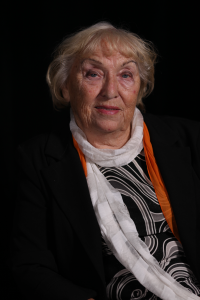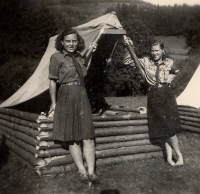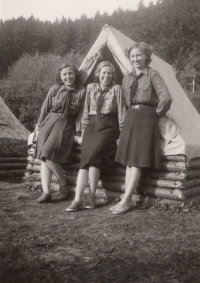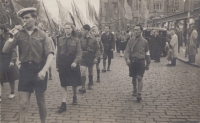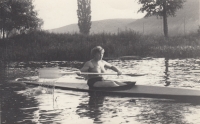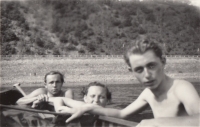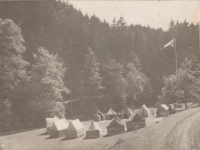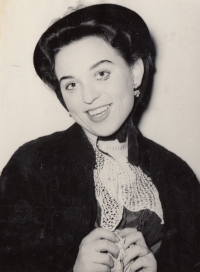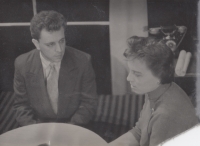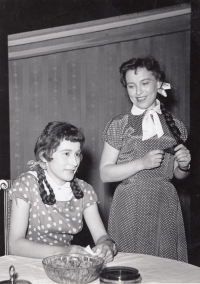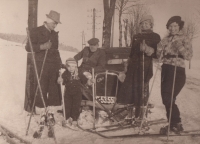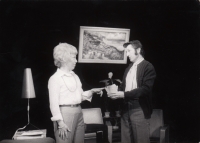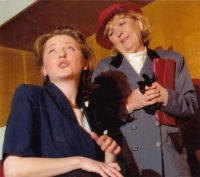You should take on life with a laugh
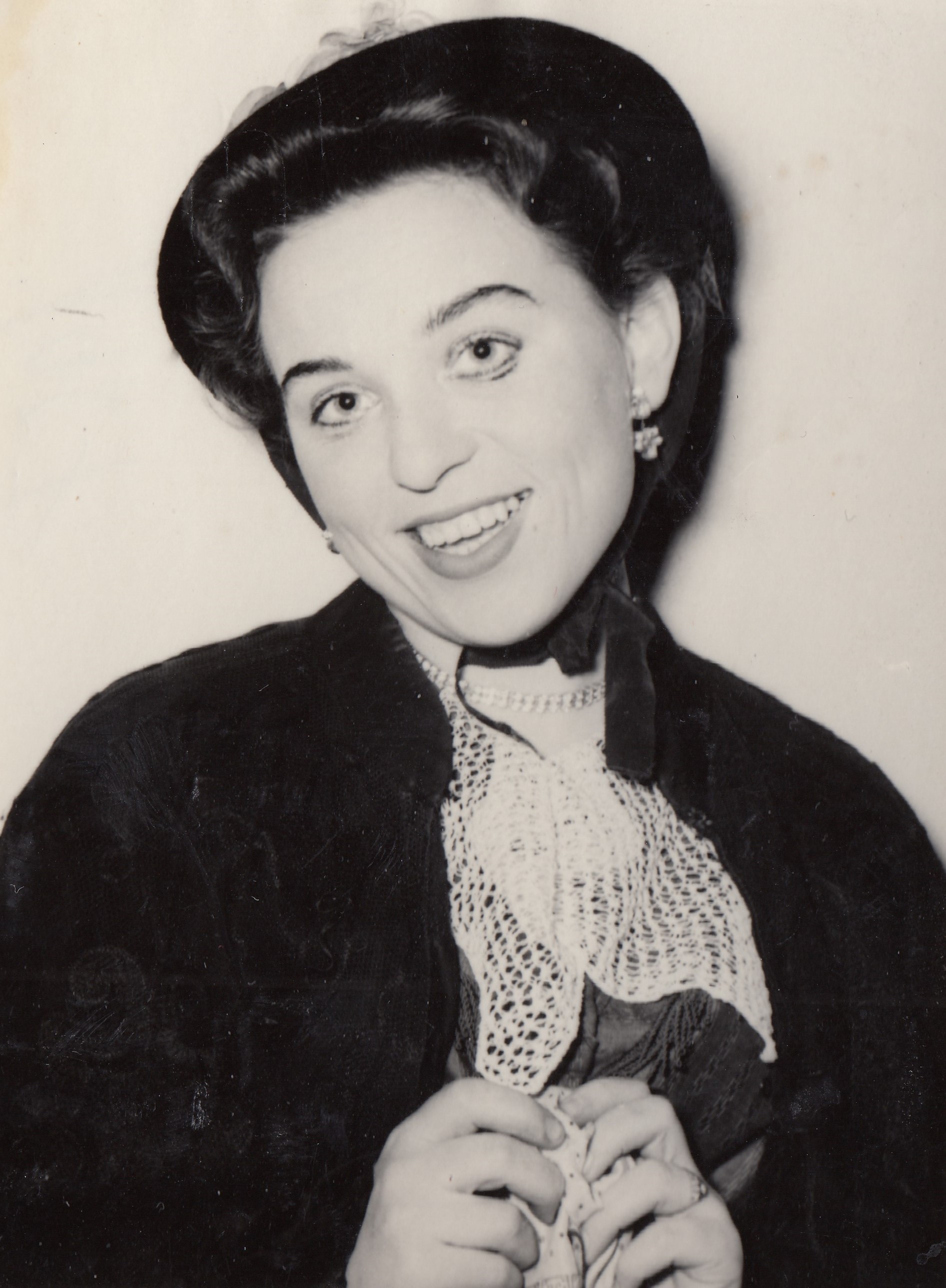
Download image
Olga Vetešníková, née Gräbnerová, was born in Prague on 15 March 1933. She took artistic talents after both parents – her father sang in a male choir and her mother was an amateur actress. Her parents had moved from Mladá Boleslav to Satalice near Prague for job. They divorced soon and Olga with her mother relocated to Žižkov. The witness experienced the air raids of Prague in February and March 1945. She helped build barricades during the May uprising in 1945. She joined the girl scout movement after the war. She was a passionate member and even refused to join the ČSM (Czech Union of Youth) after February 1948. That hampered her chances to study, and she only completed her education part time while employed in the 1960s. She got married in 1954 and relocated to Pardubice, but the marriage was divorced. Olga played amateur theatre since childhood, both in Prague and in Pardubice later on. During the recording of the interview in 2019, she was still a member of the Exil amateur troupe in Pardubice.
